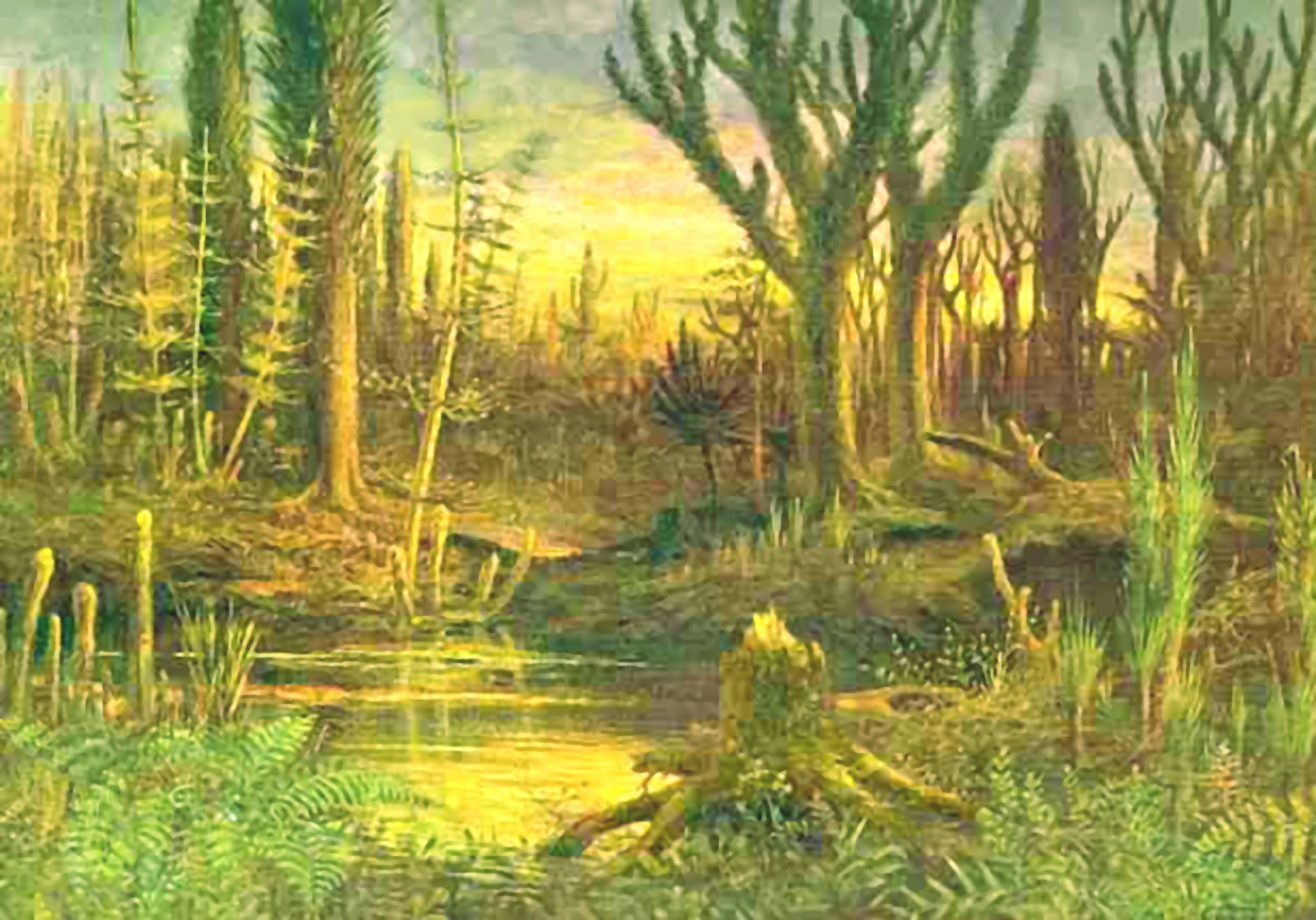Did God Or Evolution Create Plants on Creation Day 3?
Question of the week: In Genesis 1:11 when God brought forth the grass, herbs yielding seed, and the fruit trees, etc., why is the biblical Hebrew word for create, “bara,” not used here? I had thought God literally created these things, so why would “bara” not be used? Or does this leave it open that God may have used natural means to bring them about?
My answer: The Hebrew nouns used in Genesis 1:11 are much more generic than the English nouns found in English translations. These more generic meanings should come as no surprise since, if one does not count the names of people, cities, and towns, modern English has thousands of more nouns than biblical Hebrew.
Genesis 1:11 begins with “Let the land produce vegetation.” The biblical Hebrew word for vegetation, deshe, encompasses all photosynthetic life. Genesis 1:11 follows with four examples of the vegetation: zera, eseb, es, and peri. The definitions of these four Hebrew nouns are semen or the embryos of any vegetation species; photosynthetic plants; plants with stalks, cellulose, or wood; and fruit, that is, nourishment for the embryos or seeds. These four examples are not intended to be a complete list and they are not intended to be in any order of appearance.
The Hebrew verb for produce in Genesis 1:11 is dasha. It means to sprout, shoot, or become green. The verb is sufficiently generic to include both natural and supernatural means of coming into existence. This breadth of definition is consistent with scientific evidence for the history of photosynthetic life on Earth. Natural process changes in Earth’s vegetation allow for a much broader range of adaptation than what is possible for animals. Nevertheless, natural process changes cannot explain the entire history of Earth’s photosynthetic life. Some supernatural interventions are required.
Readers who want a more thorough answer to this question of the week with documentation and citations will find it in my book, Navigating Genesis.1 A free chapter is available at reasons.org/ross.

Endnotes
- Hugh Ross, Navigating Genesis (Covina, CA: RTB Press, 2014), 49–52, https://support.reasons.org/purchase/navigating-genesis.






